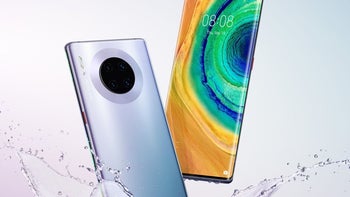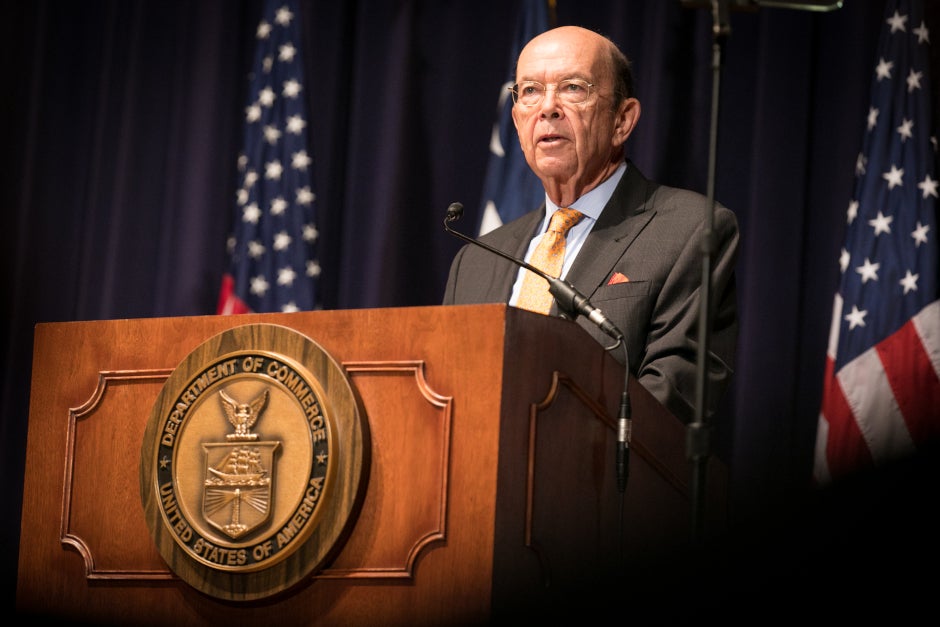Huawei's U.S. suppliers get another 90-day license

Yesterday, for the third time since it banned Chinese manufacturer Huawei from the stateside supply chain, the Trump administration issued a 90-day license allowing U.S. companies to do business with Huawei. The previous 90-day exemption period expired yesterday and earlier reports said that the Commerce Department would grant U.S. suppliers six-month temporary licenses enabling them to do business with Huawei. But that changed and as recently as last Friday, the grace period was rumored to be for two-weeks only. Reuters reports today that over the weekend, Trump administration officials changed their minds and decided to grant 90-day exemptions instead.
As U.S. officials have discovered, it is not easy to punish a company that you perceive to be a security threat when it happens to be the world's leading provider of networking equipment. Some of Huawei's customers are small wireless operators in rural areas of the country and these carriers rely on Huawei gear for their 3G and 4G networks.
The U.S. Commerce Department is concerned about leaving rural Americans without internet service
Commerce Secretary Wilbur Ross said yesterday that the extension "will allow carriers to continue to service customers in some of the most remote areas of the United States who would otherwise be left in the dark. There are enough problems with telephone service in the rural communities - we don’t want to knock them out. So, one of the main purposes of the temporary general licenses is to let those rural guys continue to operate." Ross added, "The department will continue to rigorously monitor sensitive technology exports to ensure that our innovations are not harnessed by those who would threaten our national security." In addition to claims that it steals intellectual property from American tech firms, Huawei is considered a threat to U.S. national security for another reason as well. Because of fears that the Chinese government will demand that it spy on consumers and corporations, American lawmakers are concerned that the company's phones and networking equipment contain technology that will send intelligence to Beijing. The company has denied this repeatedly. Last week, U.S. Attorney General Bill Barr said that Huawei and fellow Chinese manufacturer ZTE "cannot be trusted."
The Commerce Department has yet to put into effect an executive order signed by President Donald Trump back in May. The order declared a national emergency and banned U.S. companies from using networking equipment procured from firms considered to be threats to U.S. security. A plan was supposed to have been put in place by the middle of last month.

U.S. Commerce Secretary Wilbur Ross says that the U.S. can't leave rural Americans without internet service
Besides getting parts from its stateside suppliers thanks to the temporary licenses, Huawei has also been able to obtain U.S. components and software from the overseas units of American companies. And ARM Holdings, the U.K. chip designer whose architecture is important in the creation of Huawei's Kirin chips, reversed its position and said that it can do business with the firm after all. Originally, ARM said that some of its designs contain "U.S. original technology;" last month the company stated that "ARM’s v8 and v9 are UK-origin technologies."
The U.S. supply chain ban has had an impact on international sales of Huawei's latest phones since they cannot use the Google Play services version of Android. Google cut ties with Huawei back in May forcing the manufacturer to install an open-source version of Android on its current flagship line. Not being able to use Google apps like the Play Store, Search, Gmail, Maps and others might not bother Chinese consumers since Google is not fully welcomed in the country, and Huawei continues to dominate its rivals inside China. Strong domestic sales have Huawei looking to ship 270 million handsets this year, just 10% off of its pre-ban estimate of 300 million units.










Things that are NOT allowed: